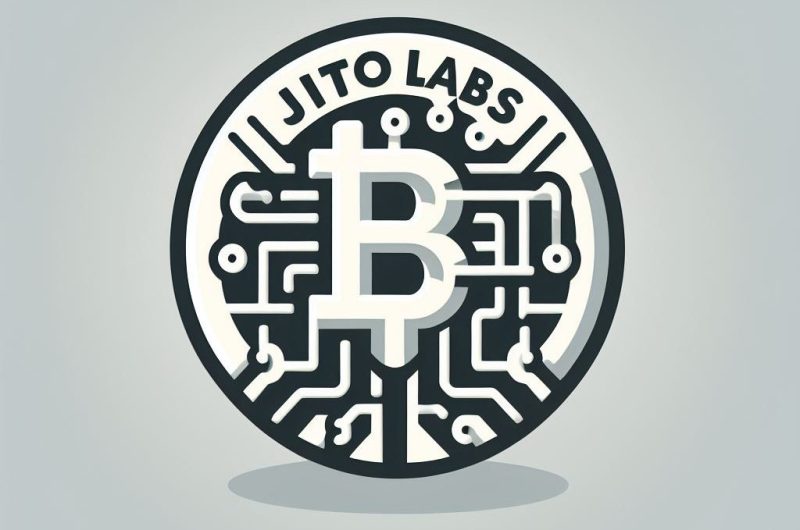Jito Labs, a developer of Solana client technology, has recently announced the discontinuation of its mempool functionality. This decision comes in response to a series of “sandwich attacks” that have been exploiting this feature, impacting crypto traders by enabling front-running. Despite Solana’s core system lacking a mempool, Jito’s Block Engine included one to enhance “maximum extractable value” (MEV) opportunities on the blockchain.
Ending a Persistent Problem
The removal of the mempool feature follows a six-week struggle to combat these attacks. Jito Labs took to Twitter to announce the immediate discontinuation of the mempool service. Mempools serve as holding areas for transactions before they are recorded on the blockchain. However, this feature inadvertently facilitated sandwich attacks, where arbitrage bots manipulate the transaction queue to their advantage, often at the expense of ordinary users.
The Challenge of Sandwich Attacks
Sandwich attacks, a form of MEV exploitation, typically involve arbitrage bots placing orders before and after a target transaction in the mempool, profiting from the price movement. While this strategy is more commonly associated with the Ethereum blockchain, Solana’s lower transaction fees made it a frequent target, disproportionately affecting retail traders.
Efforts to Mitigate Negative Impacts
Jito Labs has been actively working to mitigate the adverse effects of MEV on its platform. Efforts included advising other protocols on enhancing user interfaces, informing applications of potential MEV leakage, and recommending more accurate pricing mechanisms to reduce price slippage. Despite these efforts, ongoing attempts to block sandwich attack strategies turned into a relentless battle with MEV searchers.
A Difficult but Necessary Decision
Ultimately, Jito Labs concluded that the negative consequences of MEV, especially sandwich attacks, were detrimental to the Solana ecosystem’s health. Acknowledging the lack of an effective engineering solution to fully address the issue, the team opted to deactivate the mempool feature. Lucas Bruder, a contributor at Jito Labs, emphasized the company’s commitment to minimizing negative MEV impacts and its dedication to improving the Solana ecosystem for validators, stakers, and users alike. The decision to suspend the mempool is seen as a step towards ensuring a better transaction environment on Solana, prioritizing user protection over additional revenue streams.
